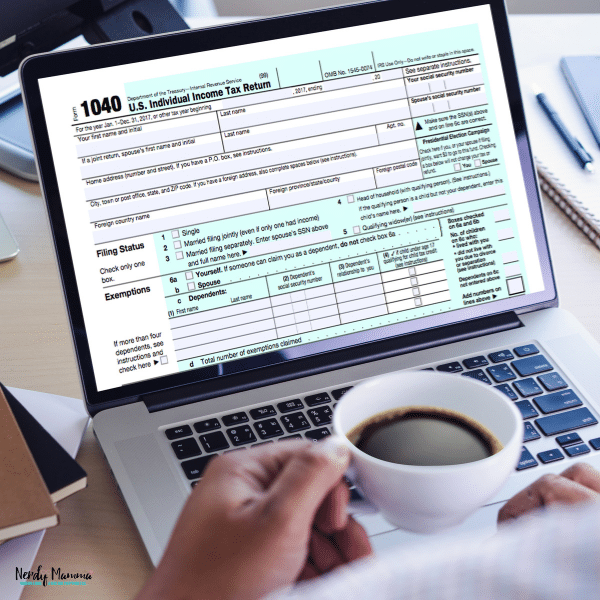While tax season may be stressful for everyone, there may be particular challenges for independent contractors. Due to their independence, freelancers have unique difficulties in filing taxes and maximizing their tax advantages. We’ll look at some essential tips in this post to assist independent contractors prepare for tax season and get beyond its challenges.

One of the first things freelancers need to know is the tax rate for independent contractors. Unlike employees, who have taxes withheld from their paychecks, freelancers are responsible for paying their own taxes. This suggests that independent contractors should be aware of the applicable tax rate on their income and take the appropriate steps to prepare.
It’s important to check the most recent tax legislation or get professional help because the proper tax rate for independent contractors may vary depending on their filing status and income level.
Self-employed tax calculators are a great tool for freelancers to simplify their tax computations. These online tools can help estimate the amount of taxes owed based on income, deductions, and other relevant data. Entering exact data into a self-employed tax calculator helps freelancers better understand their tax responsibilities and create solutions that work.
Recall that although these calculators may produce a trustworthy estimate, consulting a tax professional is always recommended for a more accurate assessment.
For independent contractors, it is crucial to pay taxes quarterly to the IRS. Unlike normal employees whose taxes are deducted on a monthly basis, freelancers have to pay anticipated taxes annually.
By guaranteeing compliance with tax requirements, these quarterly payments help freelancers avoid significant tax fines at the end of the year. By calculating their yearly earnings and tax liabilities and figuring out the right quarterly payment amount, freelancers may save money on interest and fines.
The technical aspects of taxes and tax efficiency should be the focus of freelancers. To ensure that independent contractors get the most out of their credits and deductions, remember these vital tips:

1. Keep detailed records: Independent contractors must keep detailed records of all their business-related income and expenses. This includes any relevant documentation, such as bank statements, receipts, and invoices. By maintaining accurate documentation and utilizing all available credits and deductions, freelancers can reduce their overall tax liability.
2. Separate credit cards and bank accounts for personal and business usage are required: Independent contractors must maintain separate credit cards and bank accounts for personal and business use. This part simplifies the administration and categorization of business-related expenses, preventing independent contractors from losing out on potential deductions.
3. Utilize the deductions: Freelancers can significantly reduce their taxable income by utilizing the deductions that are available to them. Common deductions include costs associated with home offices, business travel, professional development courses, and health insurance payments. By keeping correct records and being aware of all the deductions available to them, freelancers may maximize their tax savings.
4. Contribute to retirement plans: Freelancers can lower their tax burden by contributing to retirement plans such as Individual Retirement Accounts (IRAs) or Simplified Employee Pension (SEP) IRAs. These gifts help independent contractors secure their financial future in addition to saving taxes.
5. Consult a tax professional: While independent contractors may manage their taxes, professional advice can be quite helpful. A tax specialist may ensure that tax laws are observed, provide customized guidance, and highlight additional tax benefits particular to the situation of a freelancer.
In conclusion, for freelancers preparing for tax season, meticulous planning and strict attention to detail are essential. Understanding the tax rate for independent contractors, utilizing self-employed tax calculators, submitting taxes on a weekly basis, and maximizing deductions are all necessary for a straightforward tax filing process.
If freelancers follow these tips and seek professional advice when needed, they may reduce their tax obligations and face tax season with confidence.

